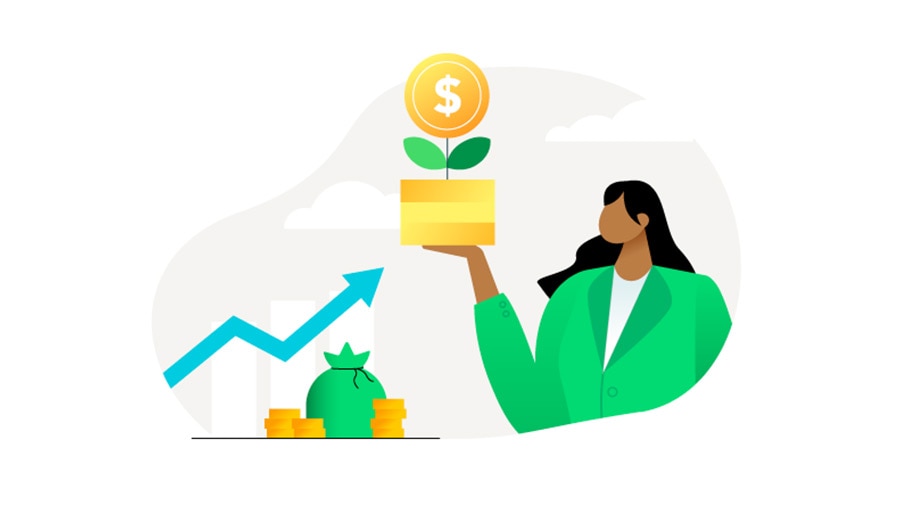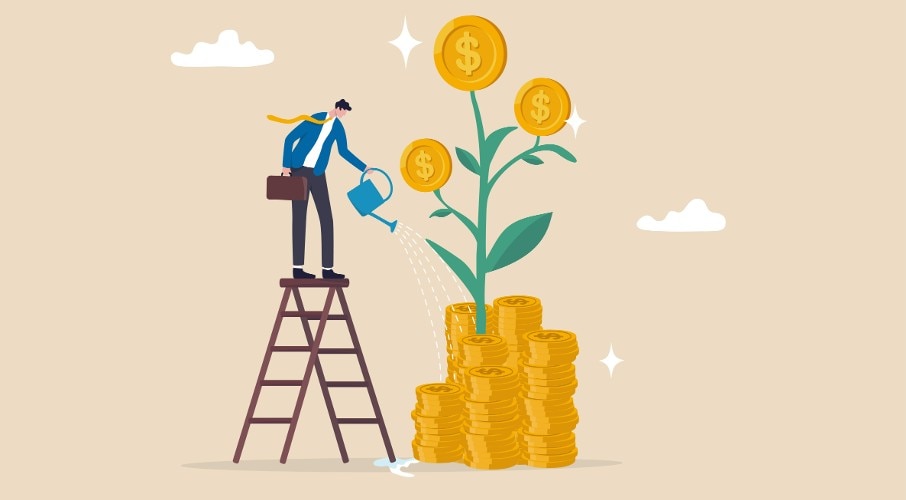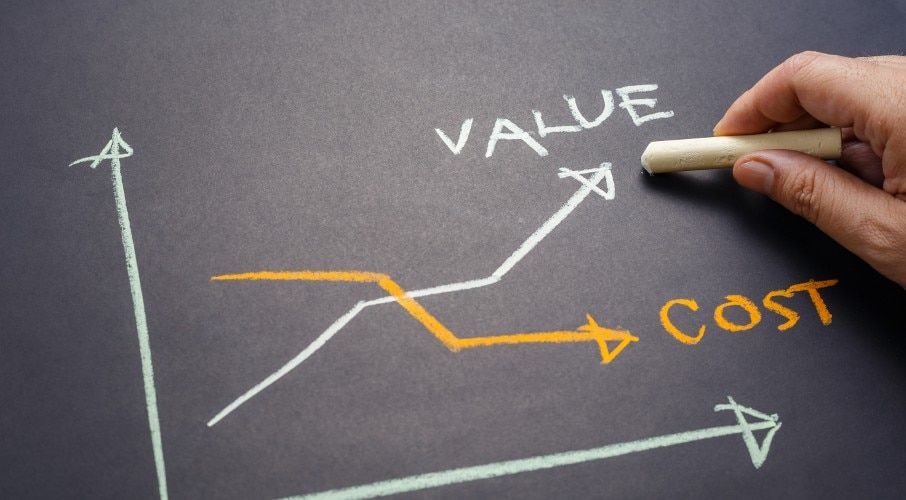What is Capital Cost
Capital Cost Definition
Capital cost, also known as the cost of capital, refers to the total cost of acquiring and maintaining the funds needed to finance a project or investment. It is the cost a company pays to obtain the resources it needs to carry out its operations or to undertake new projects.
The cost of capital includes both the cost of debt and the cost of equity, which are the two primary sources of capital for a business. The cost of debt is the interest rate paid on the debt that the company takes on, while the cost of equity is the return expected by investors in exchange for providing capital to the company.
Capital cost is important as it determines the minimum return on investment that the company must achieve in order to generate a profit. If the cost of capital is higher than the return on investment, then the investment is likely to result in a loss. In other words, the cost of capital represents the opportunity cost of not investing the funds in an alternative opportunity that has a higher return.
The cost of capital is used in many financial analyses, such as net present value (NPV) and internal rate of return (IRR). These analyses help companies to determine whether a project or investment is worth pursuing based on its potential return and the cost of capital.
There are several factors that can impact a company's cost of capital. Here are a few examples:
- Interest rates: Changes in interest rates can affect a company's cost of debt, which in turn can affect its overall cost of capital. A rise in interest rates typically leads to a higher cost of capital, while a decrease in interest rates could lead to a decrease in the cost of capital.
- Market conditions: Market conditions can impact a company's cost of equity, as investors' expectations for returns can change based on market trends and conditions.
- Company risk: A company's perceived level of risk can impact its cost of capital, as investors may demand a higher return on their investment if they perceive the company as riskier. This can impact both the cost of equity and the cost of debt.
- Inflation: Inflation can affect a company's cost of capital in several ways. Higher inflation can lead to higher interest rates, which can increase the cost of debt. Inflation can also impact investors' expectations for returns, which can impact the cost of equity.
It's important for companies to carefully consider their cost of capital when making investment decisions. In addition to the factors listed above, there may be other factors that impact a company's cost of capital, depending on their industry and specific circumstances. Understanding capital cost is essential in managing financial resources and basic financial risk management.




